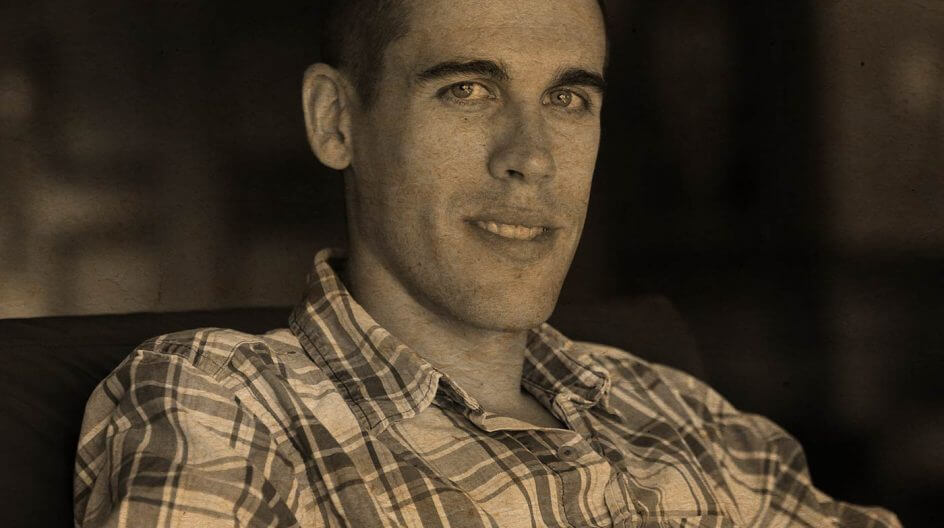Our From the Vault series examines episodes from The Art of Charm’s past more deeply; we invite you to revisit them — or discover them for the first time — with us. This From the Vault features the second of three episodes we have done with Ryan Holiday, and was one of the very first ones he did to promote his book The Obstacle Is the Way: The Timeless Art of Turning Trials into Triumph.
Episode 248:The Obstacle is the Way with Ryan Holiday aired in April of 2014 and it covered the theme of Ryan’s book, which took timeless principles of stoicism and vivified them through stories about more modern examples — like Thomas Edison and Dwight Eisenhower — in contrast to older figures like Marcus Aurelius and Demosthenes.
Reality vs. Perception
Hamlet once said that there was no thing good or ill, but thinking made it so. Ryan agrees and discusses the distinction using the “two eyes.”
- The observing eye: this simply sees facts as is, objectively
- The perceiving eye: this is the context in which we place facts — how does it relate to us, personally?
So, if there is no good or bad, only perception, as Epictetus says, what is important is how we deal with any given situation. Reality no longer simply happens to us, but rather we decide how we will deal with that reality.
You’re Not Going to Die
If we accept that “fight or flight” is something hard-wired into us as humans, then we have to consider how to train our emotions so that when we are confronted with scenarios that force us into that primal thinking, we instead choose calm and rationality instead of fear and panic. Jordan shared that as a teenager he initially considered going to high school in East Germany as a horrible thing, but then realized he was a rare bird that garnered a lot of (positive) curiosity — so if he could put in a bit of effort to learn German, there could be some positive side effects.
Ryan used this opportunity to share the story of Demosthenes, who was orphaned at a young age and cheated out of his inheritance by two uncles who were supposed to be his guardians. In addition, he had a speech impediment! Demosthenes not only conquered his speech impediment through creative (and now famous) methods like speaking with pebbles in his mouth, but he taught himself the law to successfully prosecute his uncles and win back all that had been taken from him, even though it took a decade. It was said of him, “When he speaks, we march.” He became known as “the Voice of Athens.”
In both of these examples the best thing to do was to side with reason, not emotions. Once you realize that something isn’t going to kill you, you have two options. If it is something you can’t control, you accept it. If it is something you can control, you can control your reaction to it.
Stoicism Turns out to Be Not So Stoic
Until recently the term “stoic” really carried a connotation of coldness or simple lack of emotion. What Ryan discovered and shared in his book is that far from a lack of emotion, stoicism embraces the whole of the human range of emotions. When something “bad” happens to you, you shouldn’t simply fear it or tolerate it, but rather, choose your reaction, potentially of joy or excitement. By embracing all that happens to you, the phrase “enjoy the journey” is quintessentially a stoic one, as it doesn’t assume only positive events.
Remember that each From the Vault article is just a snapshot of some ideas in any given episode. If you’d like to hear more from Ryan and Jordan, including why too much planning makes action more costly, how Marcus Aurelius would inoculate himself against worst-case scenarios, or how Thomas Edison reacted to the absolute destruction of his factory, listen to the entire episode here.
Have you used stoicism in your life? Share your story with us at [email protected].
If this article or episode helped you, please consider writing a review for us on iTunes, because the greatest compliment you can give us is a referral to someone you think would appreciate this content. Now get out there and leave everyone better than you found them.



